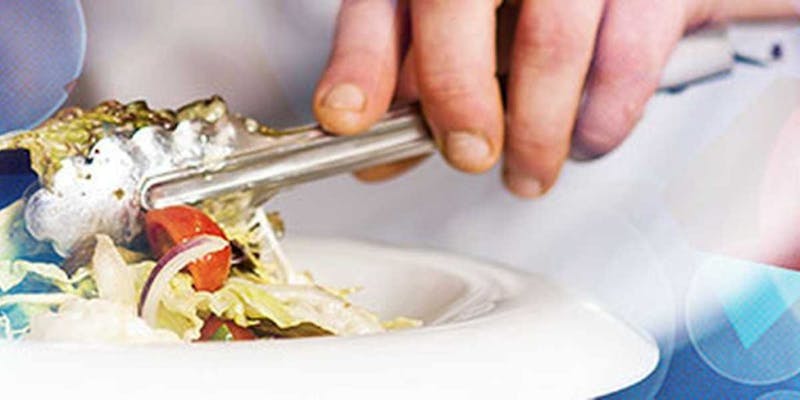
“The last meal”
While you might feel tempted to have a “last meal” or a “private food farewell” you must be aware that doing so you will replenish your liver and ultimately enlarge it, diminishing the purpose of the pre-op diet and making it more difficult for your surgeons to perform your surgery – thus increasing the risk of converting a laparoscopic procedure into an open procedure. Also, your surgery may be postponed if your surgery´s goal weight is not reached.
You have come too far to risk it!
Here are some ideas to help you deal with “parting syndrome”:
- Keep in mind that after surgery you will still be able to eat a wide variety of foods, you do not need to bid adieu to some of your favorite meals –you´ll just eat less. Having a “last meal” is pointless and detrimental to all your pre-surgical efforts.
- Ask yourself if you are eating to deal with feelings other than hunger, such as boredom, being tired, anxiety or stress. Here are some actions you can try:
- Call a friend for support.
- Use inspirational quotes to help you avoid the temptation to eat.
- Take a warm bath or shower.
- Listen to music, a relaxing CD or download some music, this will keep you stay busy.
- Avoid watching TV cooking programs/channels.
- Take a walk (weather permitting).
- Try activities that keep you from eating. It’s hard to eat while you’re exercising. And, if you are gardening, you probably won’t eat while your hands are covered in soil.
- Be aware of mental hunger. Once identified, remind yourself the reasons why you´ve chosen to get healthier; writing them down will also help you evaluate your success!
- Pay close attention to your body´s physiological needs. At this point you should provide enough calories (600-800) thru liquids to avoid hunger –primal instincts will win over will power anytime! It may also be possible to confuse thirst or tiredness with hunger.

